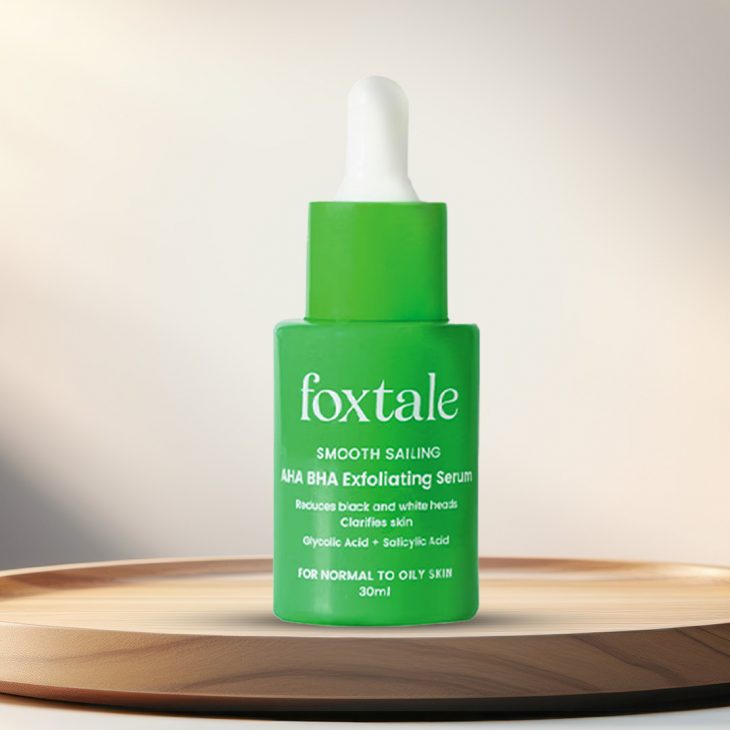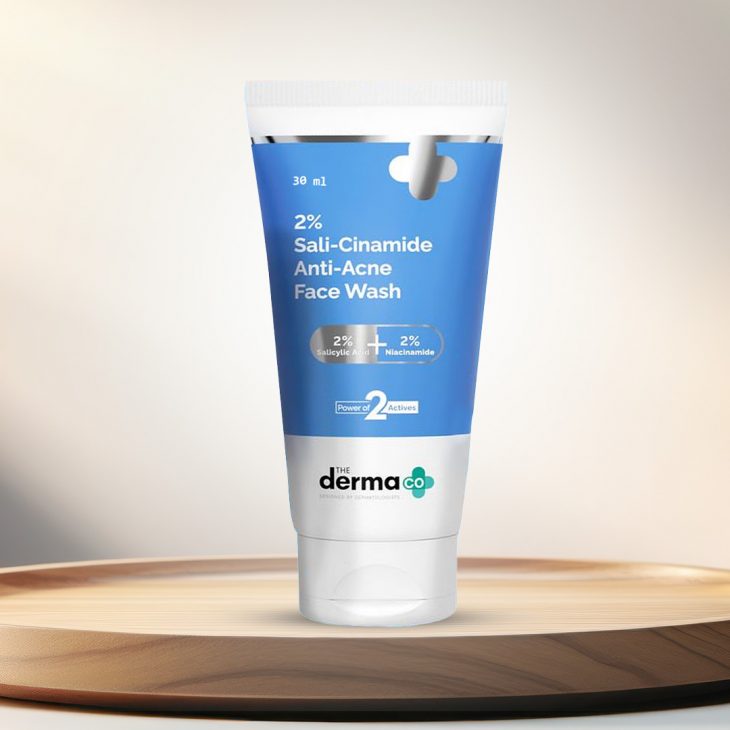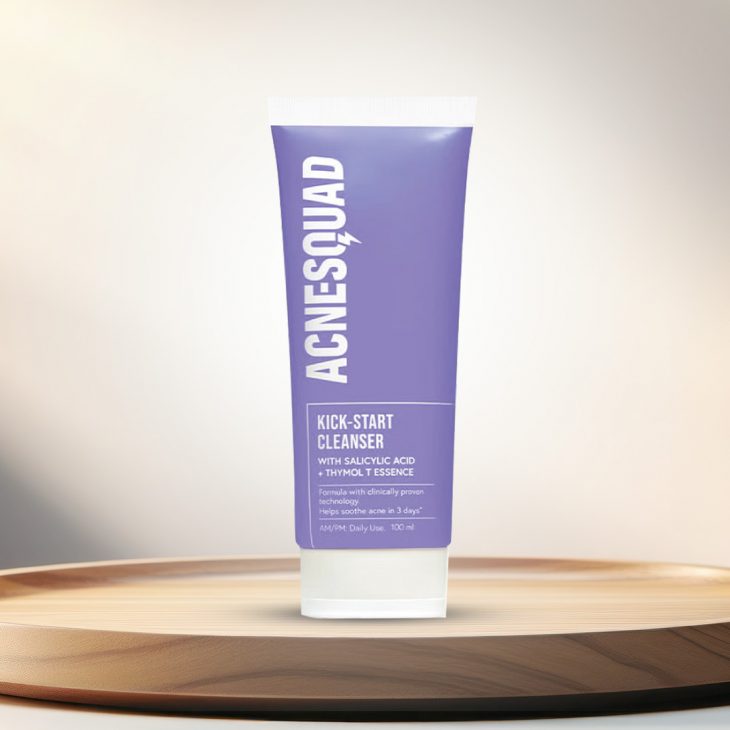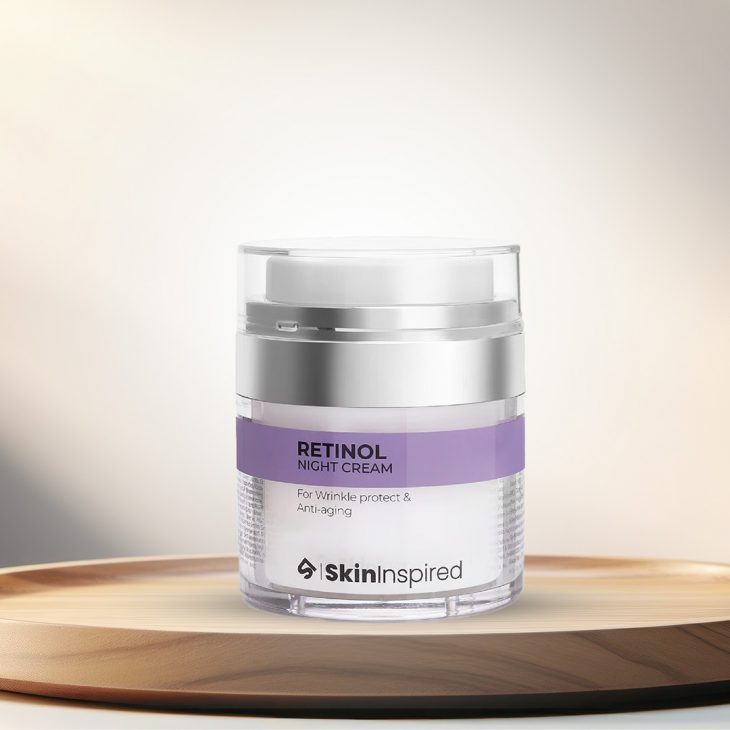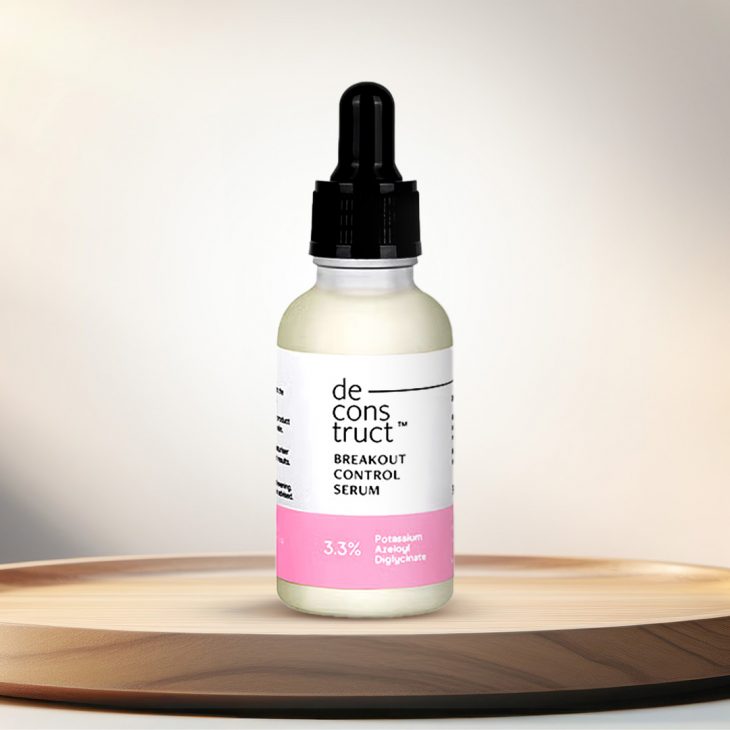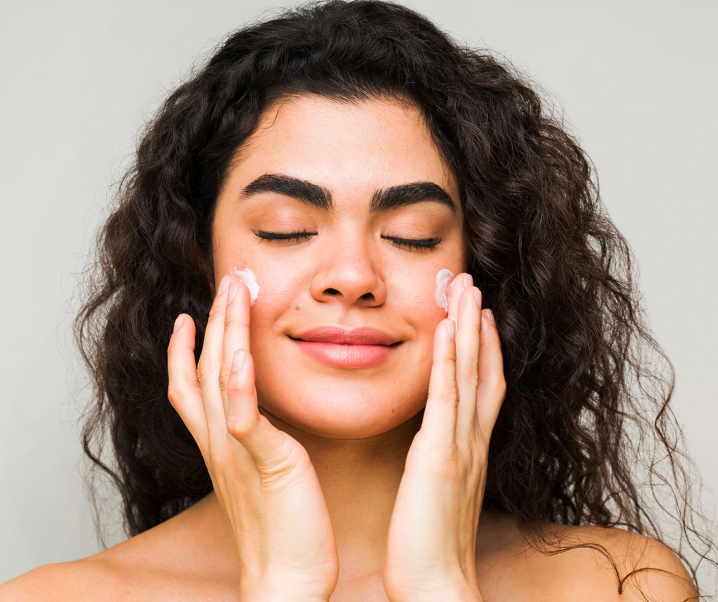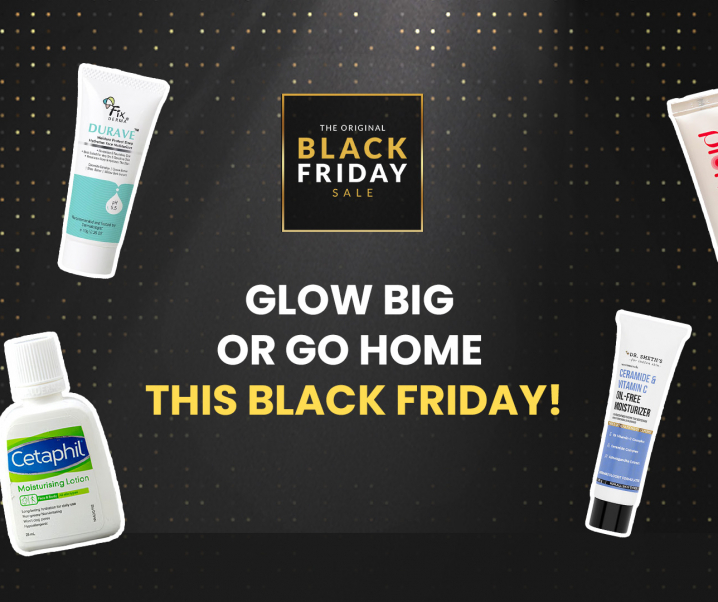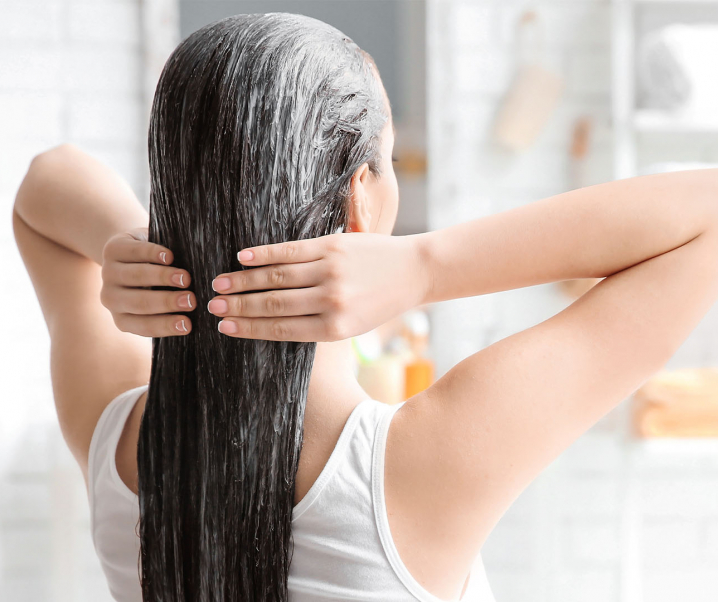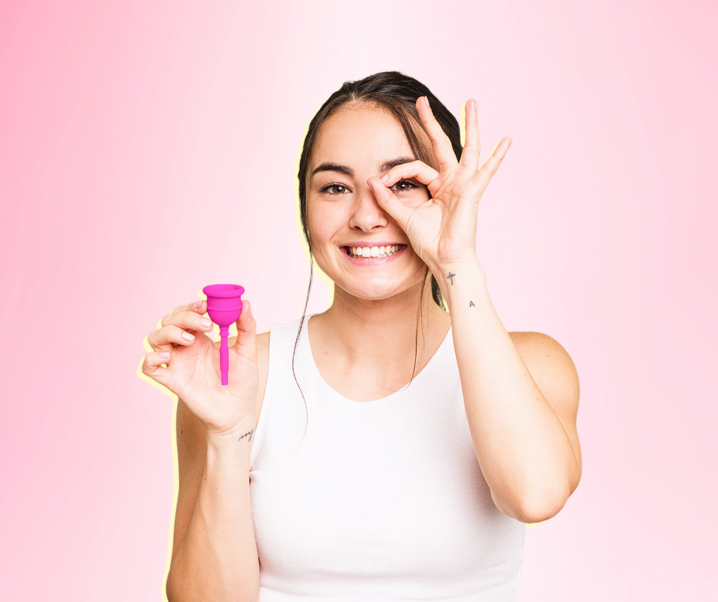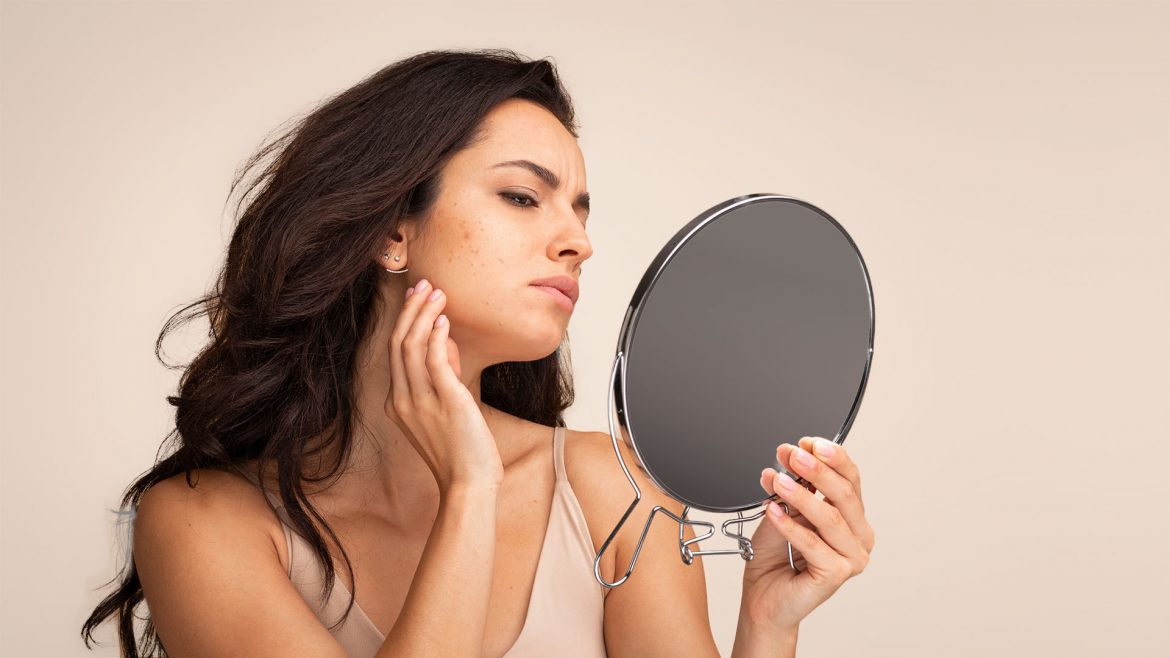
The world around us is constantly moving and we’re running along to move with it. This journey brings with it experiences, learnings but also, unfortunately, stress. From the bills that rack up on our table to the political, social and economic climate of the world, there is enough in our lives to worry about. But did you know the stress you’re feeling inside could also show on your skin? Yep, it’s called stress acne. Let us tell you what it is, what stress acne looks like, and how to deal with it.
How does stress cause acne?
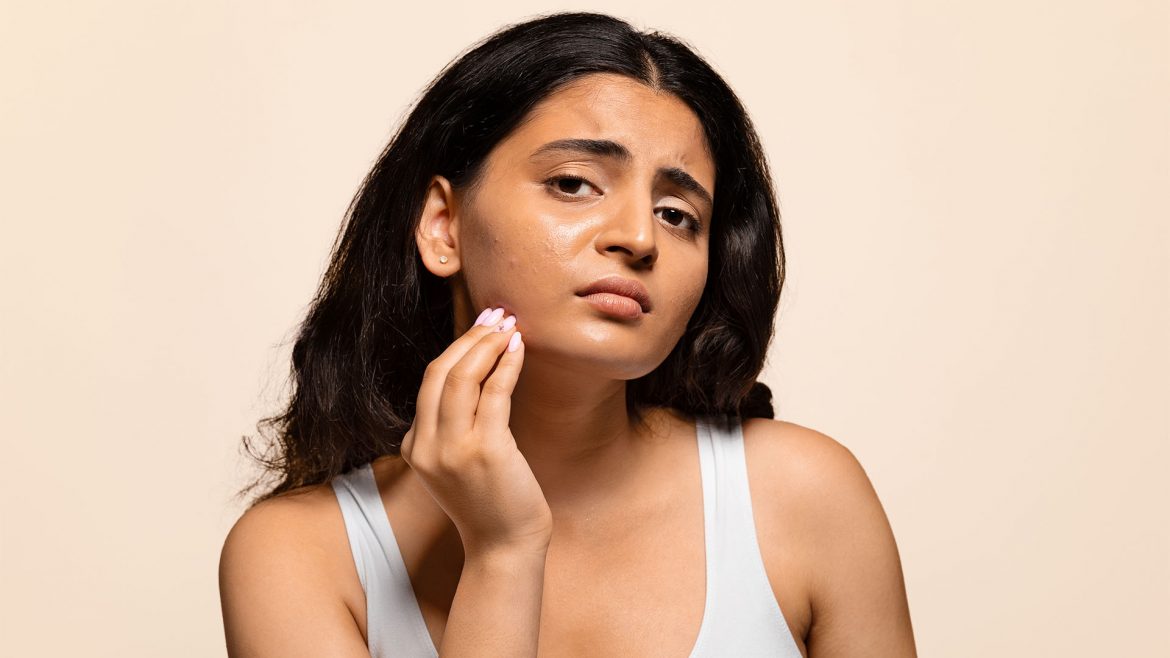
It’s important to understand that acne, whether caused by stress or hormones, has the same appearance. It occurs due to excess oils, bacteria, build up of dead skin cells and clogged pores. Any while stress does not cause acne directly, it does have a relation with it, in that it can aggravate this especially for people who are already acne-prone.
Stress can cause your body to produce hormones called Corticotropin-Releasing Hormone (CRH) and cortisol that increases the production of sebum, clogging your pores and aggravating acne. Additionally, stress can impact your immune system and slow down the healing of wounds and scars, including acne.
What does stress acne look like?
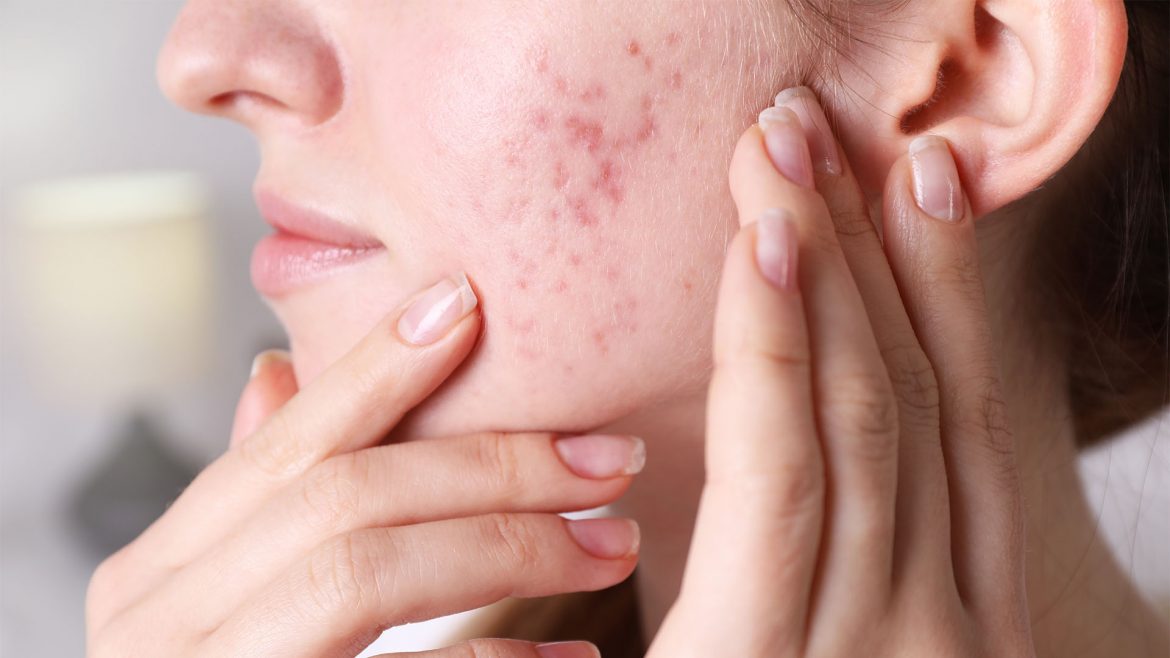
As mentioned before, there is no way of telling whether acne is stress-induced by simply looking at it. However, it might show up as many and different types of acne at once, quickly forming on places that have many oil glands such as face (forehead, chin and nose), back, chest and shoulders.
There are a few commonly seen types of acne or pimples on the face:
1. Pimples:
We use acne and pimple interchangeably often but when bacteria has built-up in pores, you’ll see swellings. These are pimples.
2. Whiteheads:
When oil and dead skin close your oil glands and create a bump on the surface, it creates a whitehead.
3. Blackheads:
You often find these on your nose; open bumps that are filled with oil and dead skin buildup that clog the hair follicle.
4. Cysts:
Bacteria, oil and dead skin buildup can cause swelling deep in the skin called cysts.
5. Papules and Postules:
Papules can be spotted as small, red bumps and postules, similar to papules, have a yellow or white centre with fluid.
How to prevent stress acne?
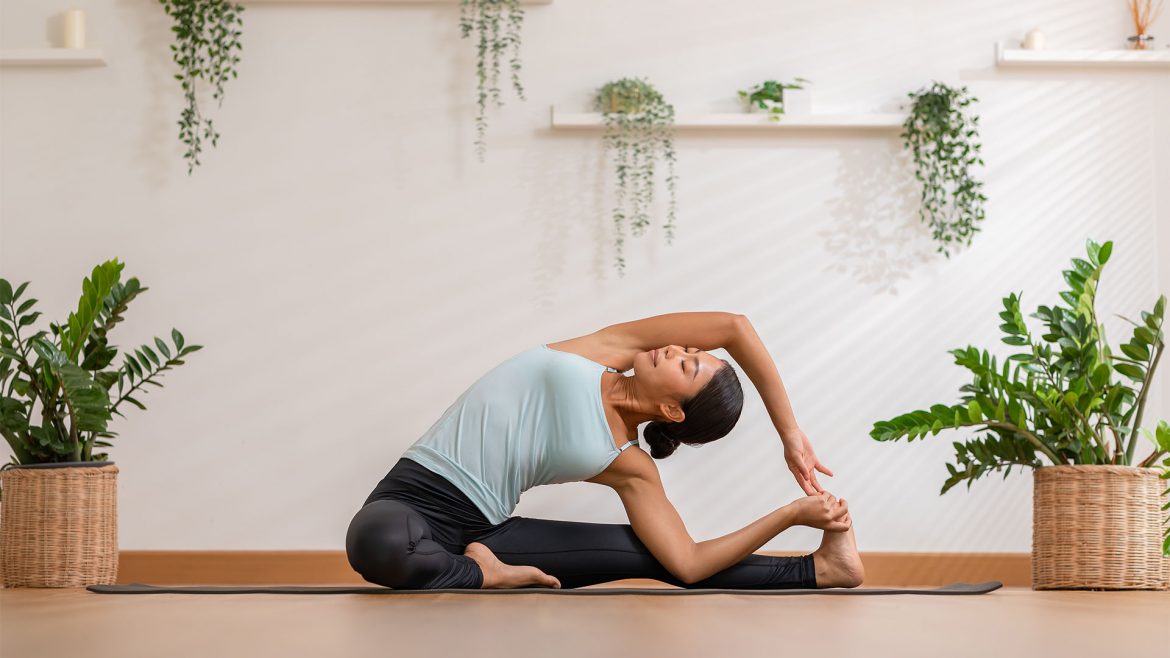
The answer is simple, to prevent stress acne, you need to prevent stress! By following an overall healthier lifestyle and taking steps to calm your stress levels, you can help prevent the outbreak of stress acne. For this, try activities that soothe your mind from the everyday stress:
1. Meditation or yoga:
One of the most commonly recommended solutions is to take 30 minutes to an hour in the day and relax your mind and body with yoga practices.
2. Take relaxing walks:
Give yourself a break from the screens and the blue light that comes with it to take in mother nature in all her glory.
3. Sleep cycles:
Early to bed, early to rise is a healthy practice for many reasons, one being to calm stress. Go to bed around 10 pm for a good night’s sleep that helps balance your hormones.
4. Cut the caffeine:
Caffeinated drinks like coffees, energy drinks, and sodas are known to increase stress levels and blood pressure. Try to limit your intake; the FDA (USA) suggests no more than 400 mg of caffeine in a day.
5. Whatever else relaxes you:
Music, books, a good movie; whatever is your mantra to stay calm, dedicate some time daily to it.
Apart from lifestyle habits, it is also necessary to have a good skincare routine that keeps your skin healthy, clean and stress acne-free without stripping away essential oils.
Do’s
- Wash your face twice a day (especially before sleeping and after a work out)
- Use a cleanser and moisturiser appropriate for your skin type
- Stay hydrated
Don’ts
- Use soaps with ingredients that are harsh for your face
- Pick at your blemishes
- Exfoliate or shave your face too often
How to treat stress acne?
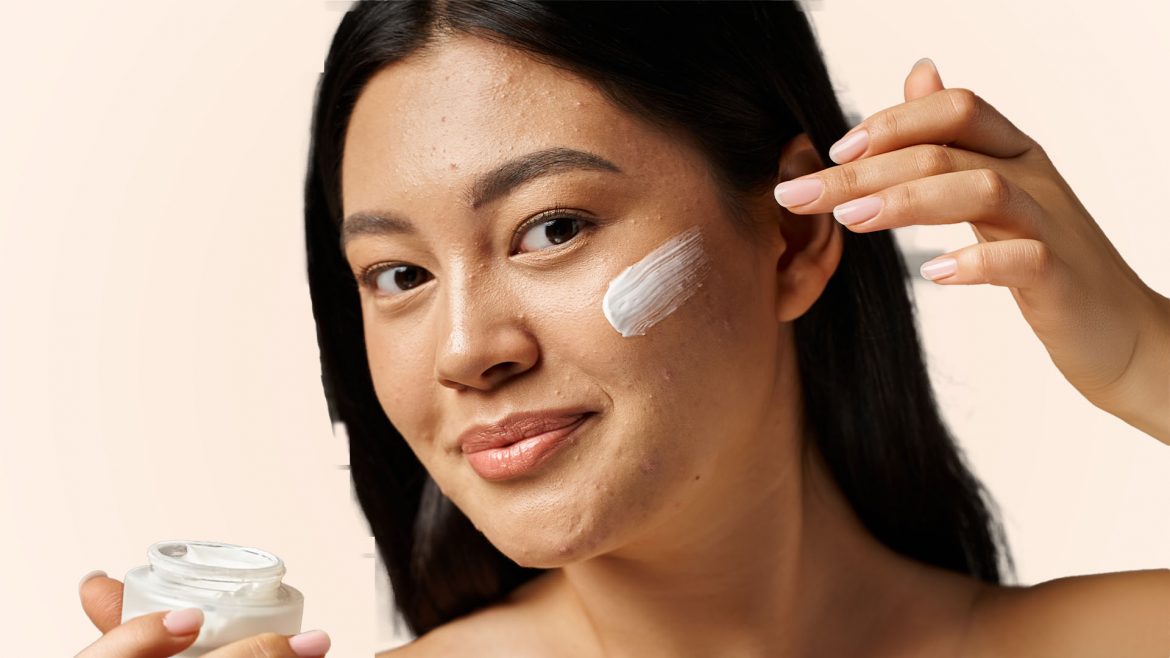
While prevention is better than cure, once you already have acne, there are ways to help move along the healing process. You can opt for over-the-counter products or topical treatments containing salicylic acid, benzoyl peroxide or retinoids.
5 Smytten picks for your acne-prone skin:
If the stress acne is causing even more stress (it can be a vicious cycle) or is getting worse, it is better to consult a dermatologist for a professional opinion.
Remember, while stress might be an unavoidable part of life, managing it effectively is crucial not just for your mental well-being but also for your skin. By integrating stress-relief activities into your routine and maintaining a consistent skincare regimen, you can keep those pesky stress pimples at bay. Your skin deserves the best care, just like you!

